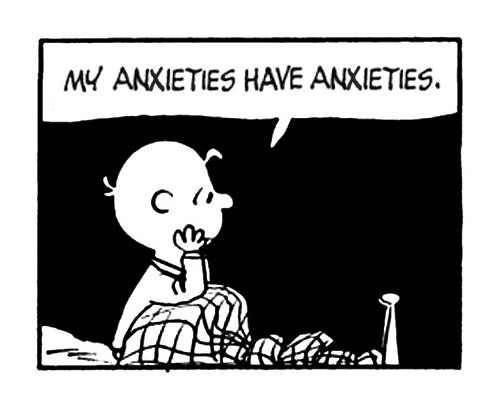
By Christine Ferch
Rumination
Rumination is something everyone struggles with, however, can be more debilitating for some more than others. Rumination is frequently seen in depression, anxiety, grief, and when we are stuck with thought we just cannot shake! This is a normal process we engage in as thinking about our problems is logical, otherwise, how would we solve them.
Rumination becomes problematic when the time spent thinking does not arrive a solution which cannot be put into action. There are more thoughts directed towards the cause and consequence instead of the solution. This type of thinking can lead to negative thinking and predispose and maintain depression. The amount of time is depilating and causing an inability to focus on daily tasks. More importantly, it goes away once the problem is solved.
3 Types of Rumination
When we are dwelling on something which is difficult, or on things causing us distress:
- Repeatedly thinking about events from our past
- Becoming preoccupied with something or just unable to get the thought out of our mind
- Dwelling on a problem can produce two different paths:
The first path is Rumination, we get stuck in the loop, and distressed is caused.

What did I do to deserve this? What is wrong with me for this to keep happening?
Please Note: Try and Shake any Victim Mentality even though it’s difficult, it’s become a hard-wired habit. You can change this. Give it a try, remembering to try, try again until you eventually get it but not necessarily in the same day. Your brain is slow to change those habits.
The second path: Look for resolution for the problem.

How can I solve this problem? Take action to resolve the problem.
Even Charlie Brown has anxiety.

Unhelpful Rumination uses questions which begin with “Why” or “What if”
Helpful Rumination uses questions which start with “How” or “How can I.”
A few strategies to reduce Rumination are:
- Be aware you are beginning to Rumination. This may take a few minutes before we catch on, that is okay, with practice it gets better, and we become faster at acknowledging where our thoughts are headed
- Distract yourself with another activity which is the opposite of what you are ruminating about, center yourself back to the present until you feel grounded
- Find humor in your situation, humor is an immensely helpful distraction, it also turns the negative into something positive and processes the situation in a different way leading to a different perspective and enhancing problem solving skills
- Look at what you can control in the situation and accept it
- Use your inner voice and yell “Stop!” or out out if acceptable, it breaks us out of the loop and snaps us back into the present
- Schedule your time to worry, we always say “I will worry about this later” but then we may forget. It runs subconsciously in our minds until resolved. When in doubt, write it out
Above all, remember, you are you and not your thoughts, we can control them! Email us for more information at admin@ovcs.ca, if you want help if your overthinking.





